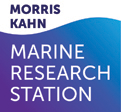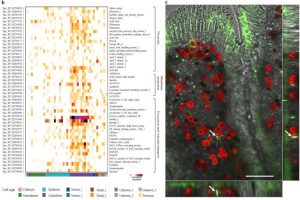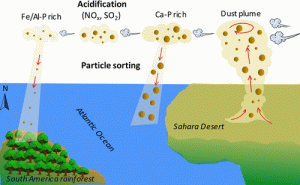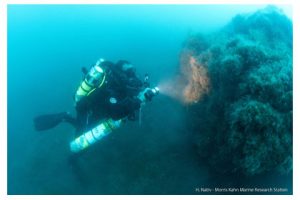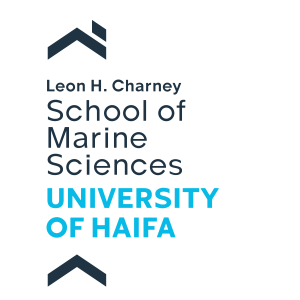Published! The calcifying interface in a stony coral primary polyp: An interplay between seawater and an extracellular calcifying space
Coral reefs are the most biodiverse marine ecosystems on the globe. In addition to breathtaking beauty, they have significant evolutionary and financial importance. Unfortunately, today, coral reefs face significant threats due to global climate change and other stressors of anthropogenic origin. Stony coral skeletons construct the structural foundation of the coral reef ecosystem. The biomineralization process (Mineral production by a live organism), by which stony coral build their skeleton, is…
